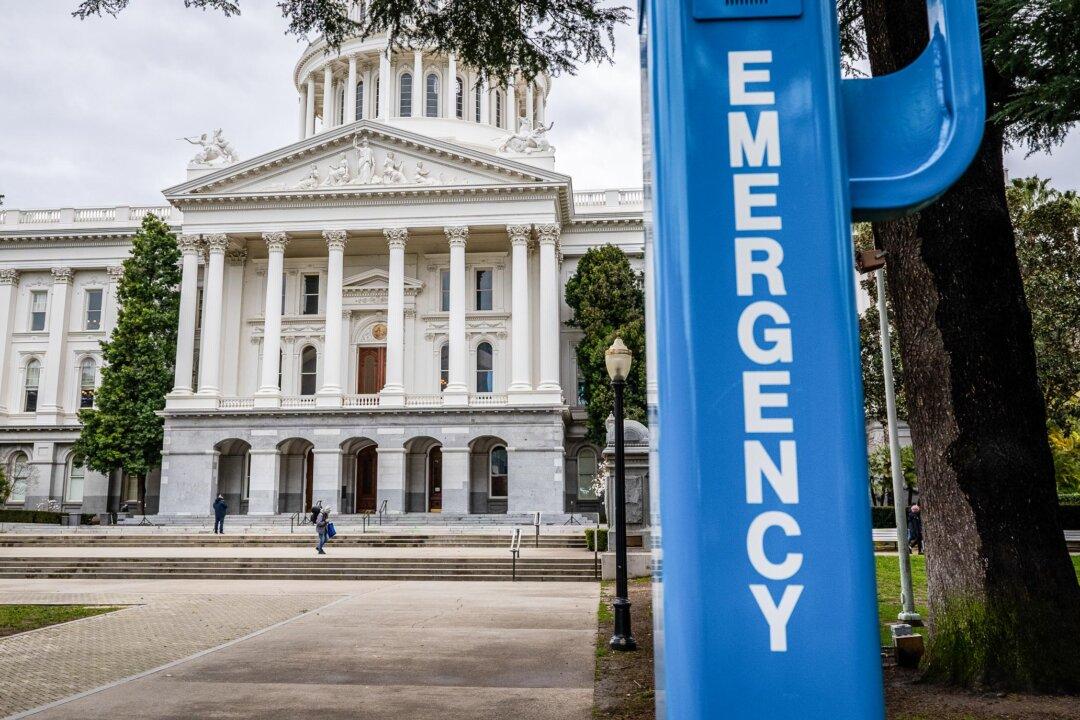Ahead of the July 14 legislative deadline for policy committees to approve and refer bills for further consideration, the Assembly and Senate Public Safety committees met on June 27, passing many proposals on partisan votes.
One such proposal was Senate Bill 94, authored by state Sen. Dave Cortese (D-San Jose), which would allow for potentially reducing sentences of inmates convicted of murder with special circumstances resulting in terms of life without parole before 1990.





